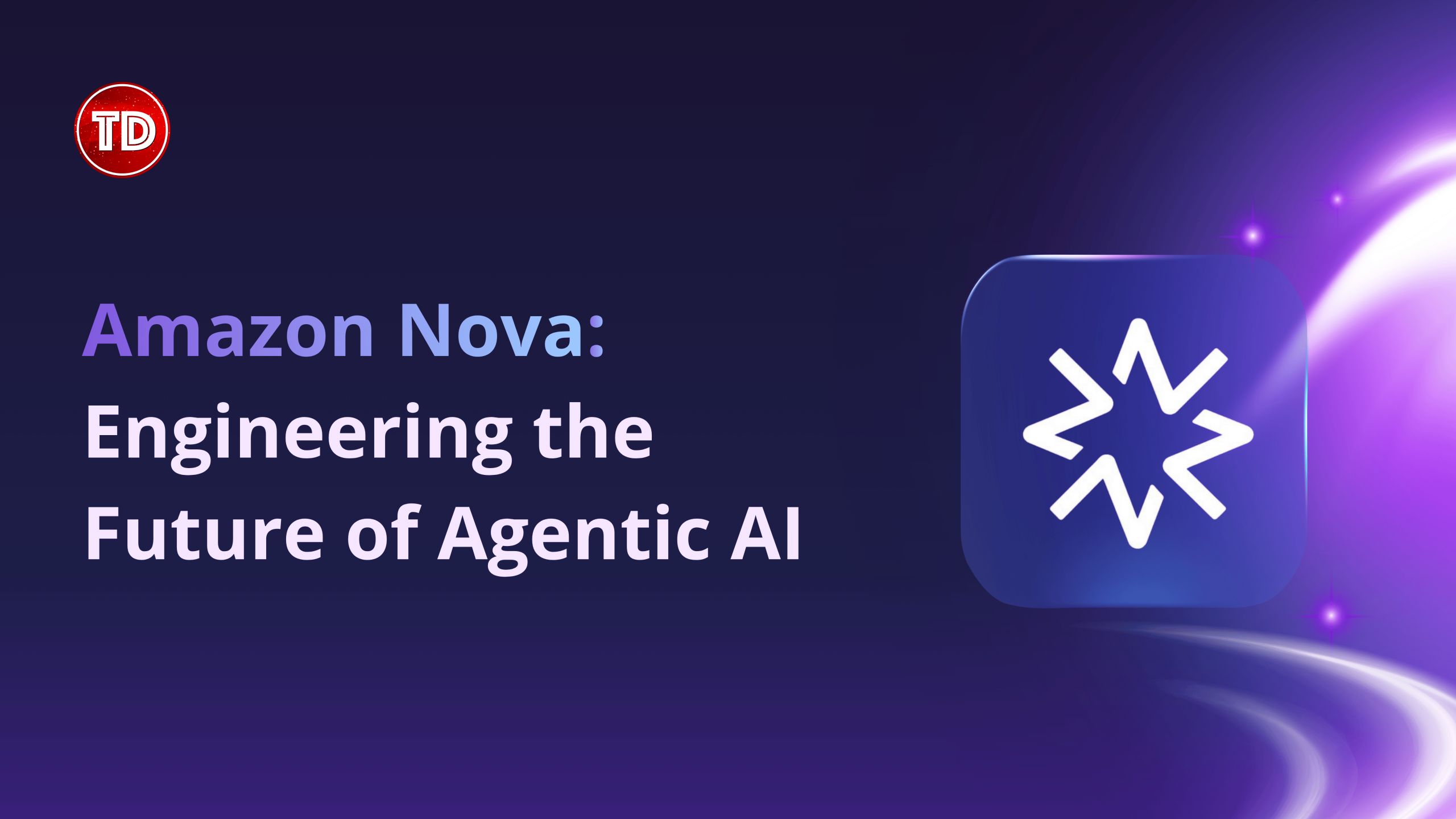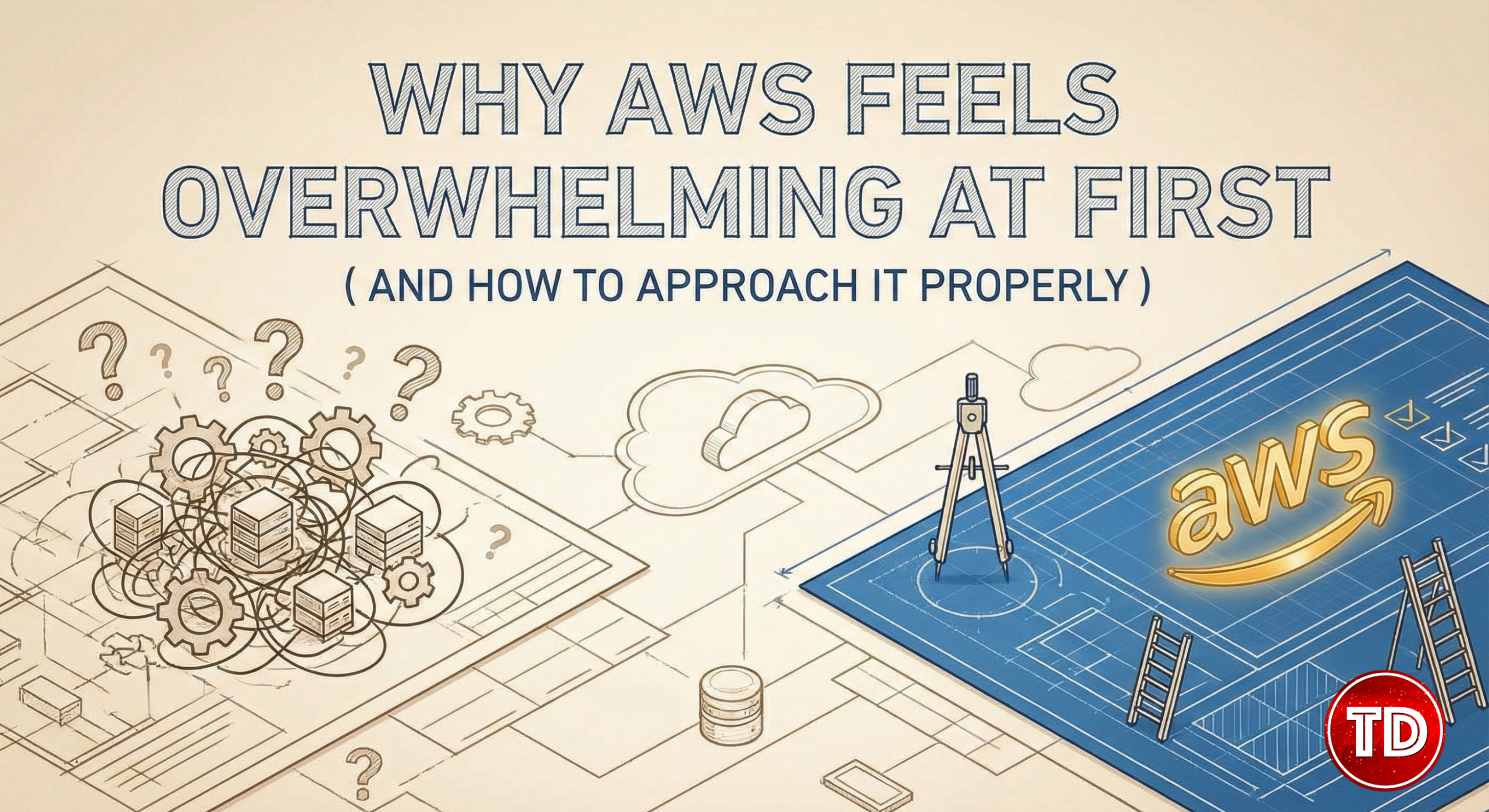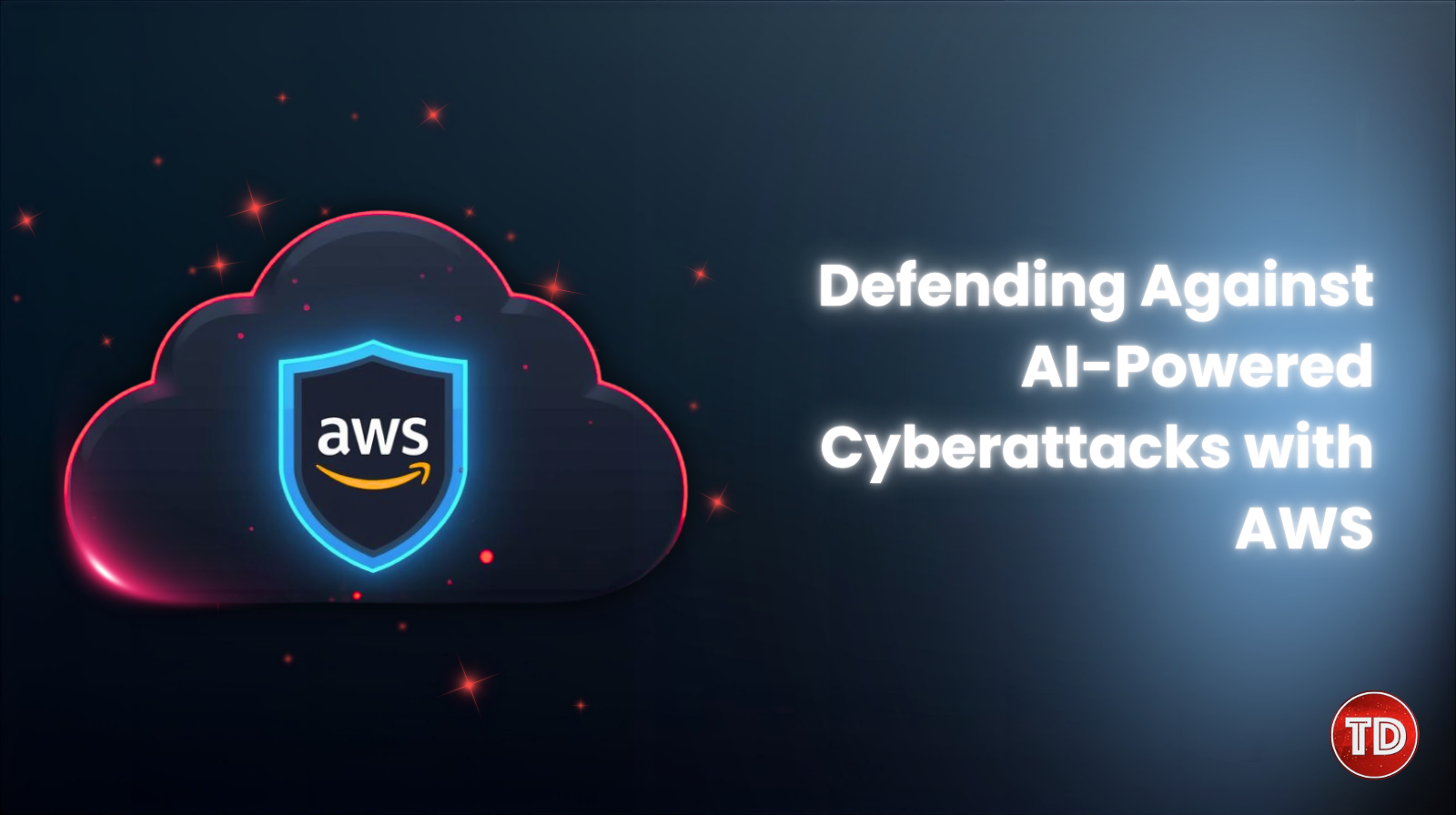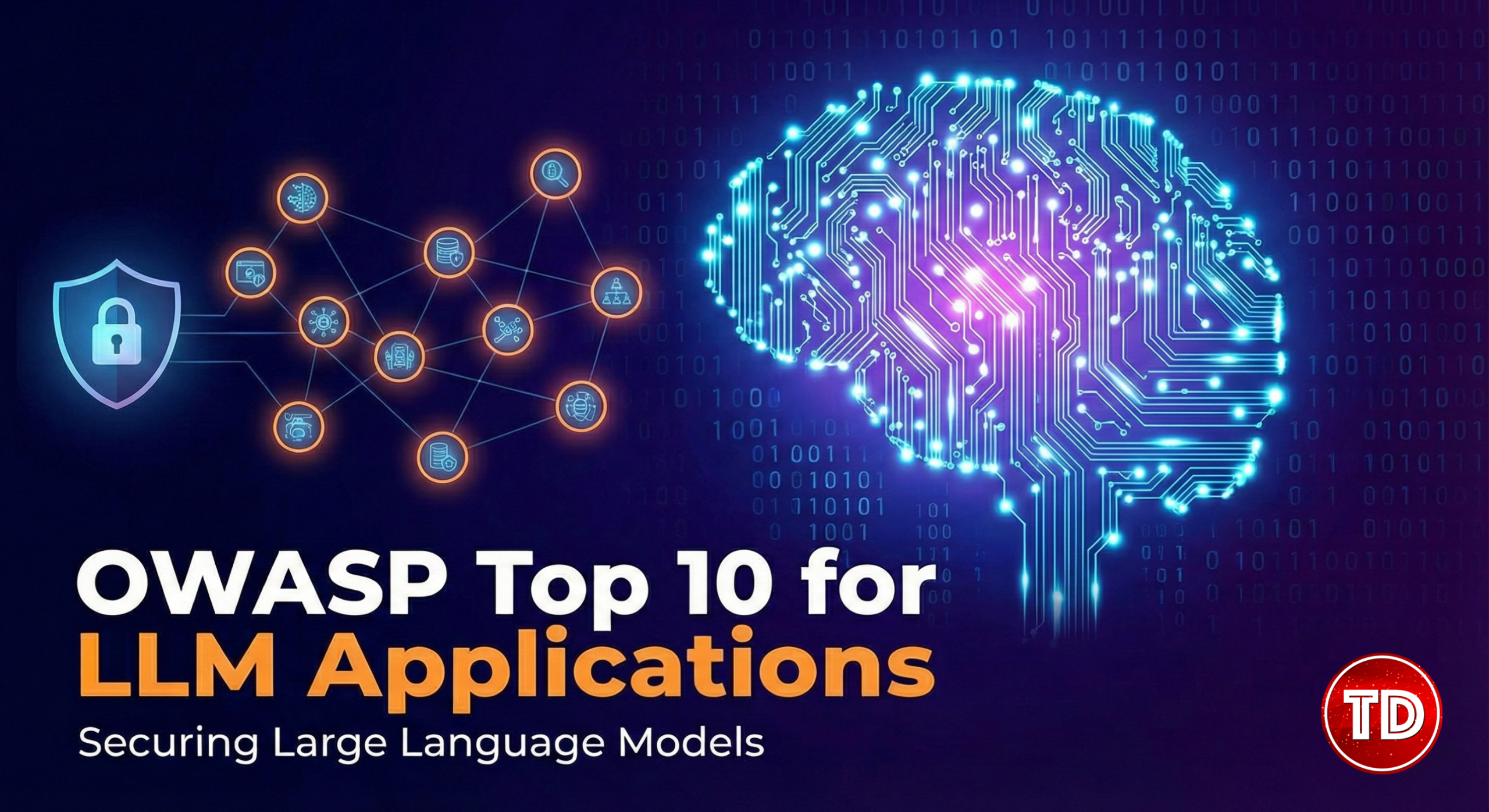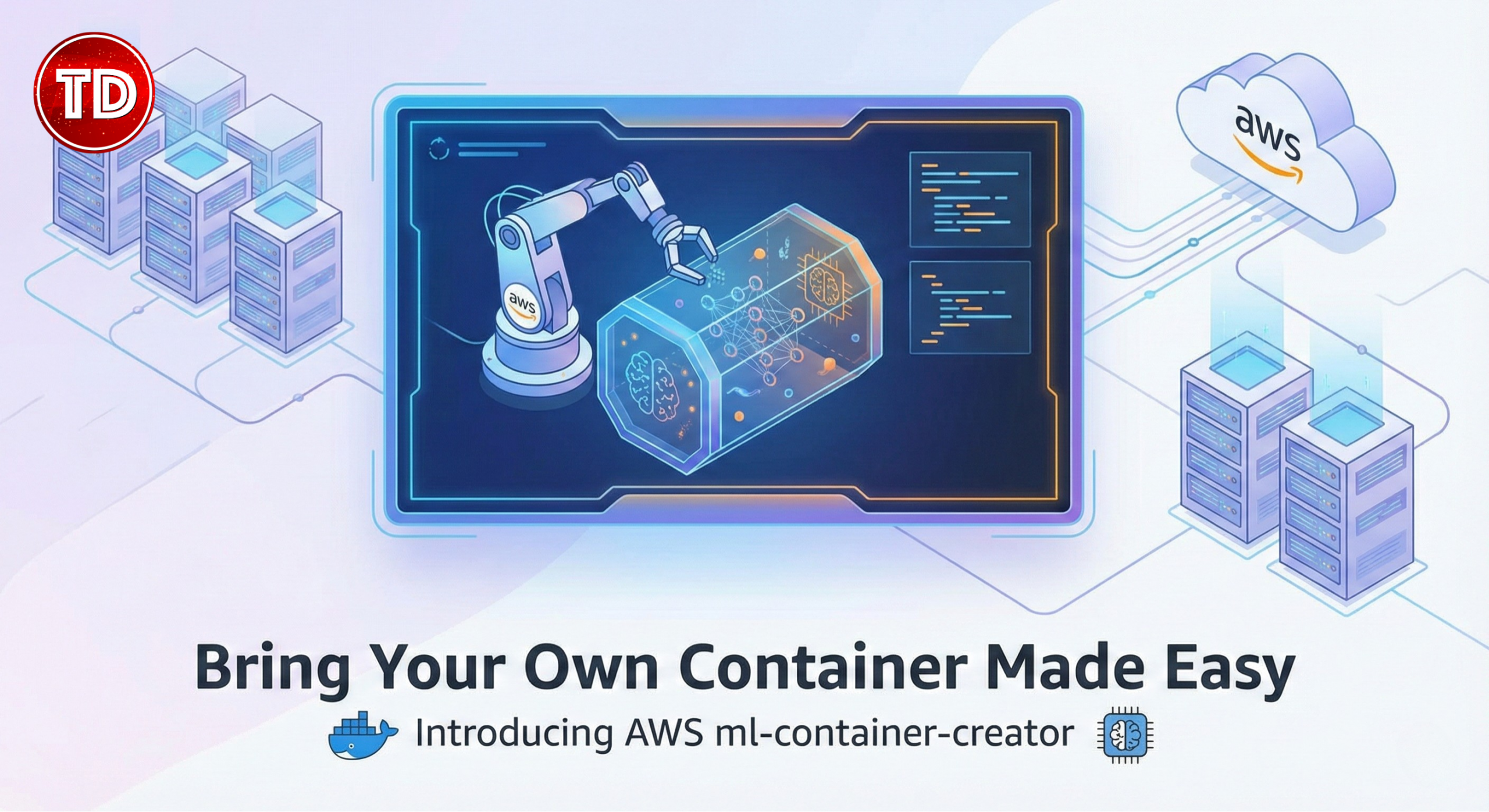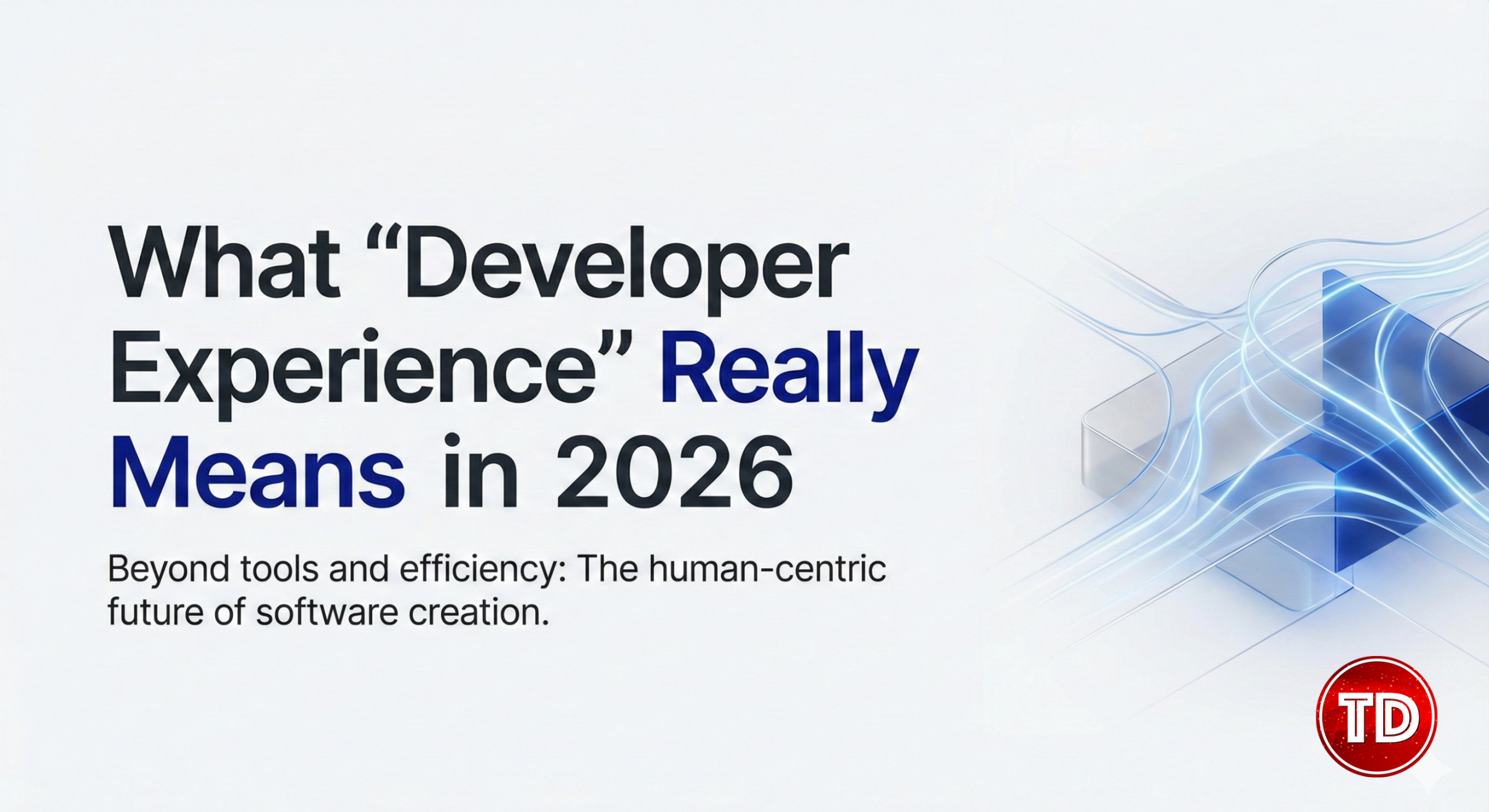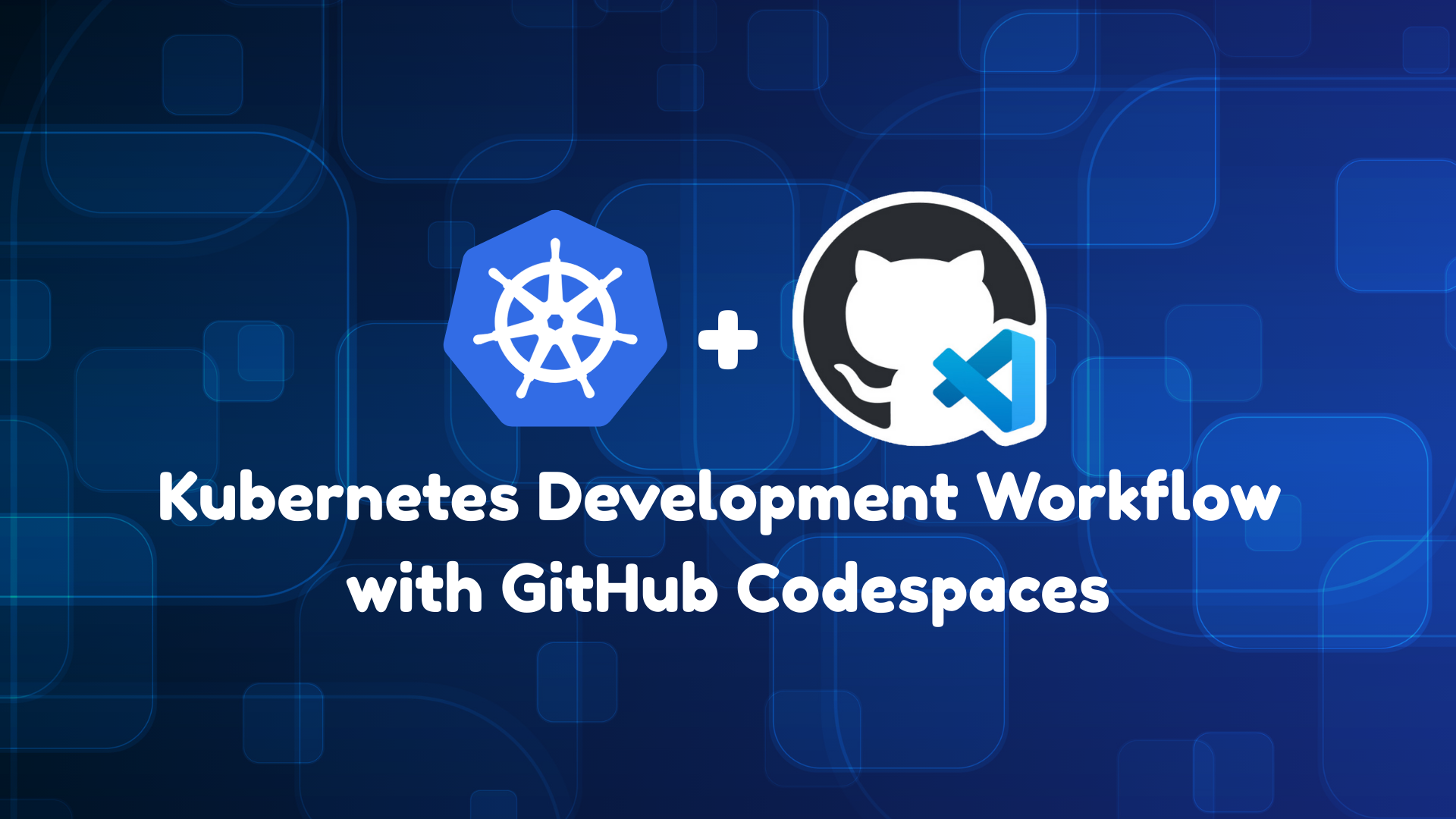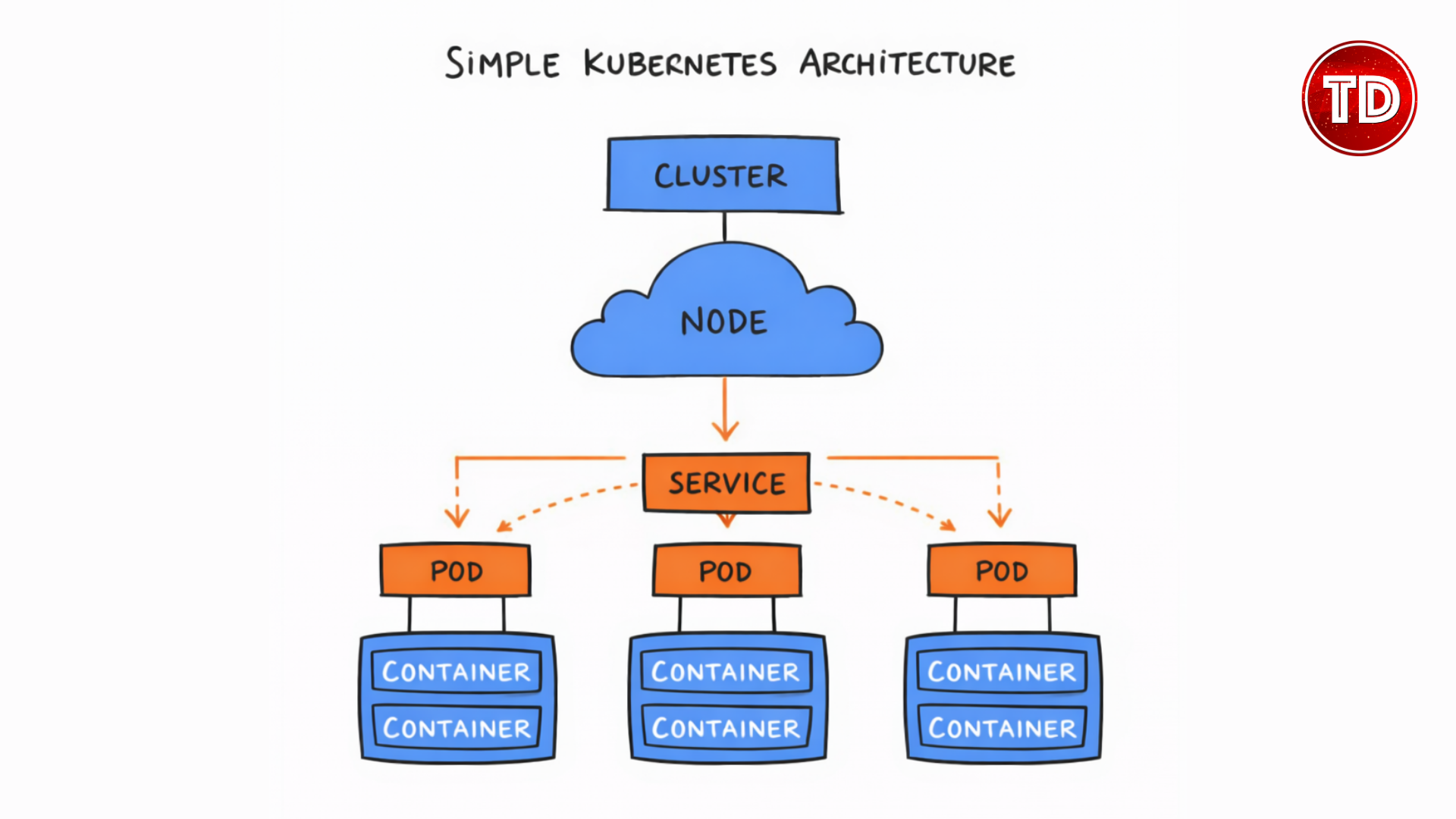Soundscapes of the Future: AI-Driven Audio Post-Production
Daniel Gerodias2026-02-10T08:14:19+00:00For decades, audio post-production followed a rigid, linear path: record, edit, mix, and master. It was often the "final hurdle" in a project—a phase where creators spent hours hunting through generic libraries for a door slam that didn’t sound like a cartoon or a music track that didn't feel like corporate elevator background. But as we move through 2026, the silence between the frames is being filled by something far more intelligent. We are witnessing a fundamental shift from static assets to generative intelligence. Audio is no longer just a "layer" added on top of a video; it has become [...]



